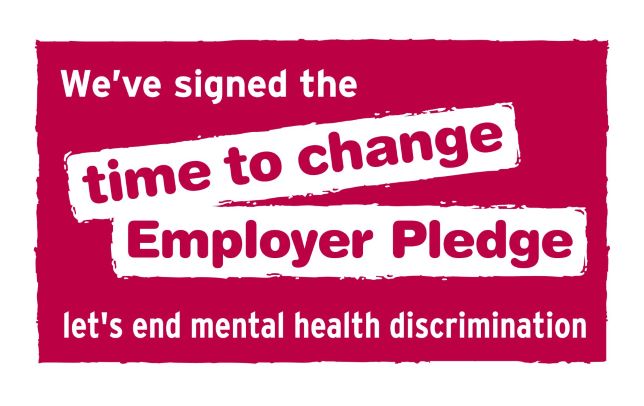202 young people completed our Health and Emotional Wellbeing Survey from December 2021 to February 2022.
Key Findings
- Young people told us that the Covid-19 pandemic has had a negative impact on their learning (82%), emotional wellbeing (80%), socialising (79%), screen time (65%), physical health (60%) and family lives (50%).
- 75% have had a Covid-19 vaccination. Parents were a key source of information.
- Young people feel they need more information about physical health and emotional wellbeing and told us about the topics that would be helpful and what is important when creating information for young people.
- Face-to-face support was the type of support for emotional wellbeing most young people would be happy to use followed by text message support. Group support was the least popular.
- The numbers of young people who would not want to access each of the different types of support shows need for variety of support options and impact of factors such as confidentiality, visibility and ease of access.
- Young people told us about digital barriers – including internet access, privacy and finding it difficult to talk by phone or video call
- Some young people had needed support but not accessed it. The main reason was because they hadn’t felt able to ask
- Experiences of support received was mixed. Face to face support at school or from private or voluntary organisations was rated most highly.
- Support from CAMHS and Reach4Wellbeing received especially low ratings
We have made 26 recommendations for Worcestershire’s health and social care services based on our findings. We have requested a response to these recommendations, which will be published here when it has been received.
Read Our Report
HWW YP Health & Emotional Wellbeing Report– Full Report PDF
Summary – YP Health and Wellbeing Report – PDF
Read the Response to the Recommendations
NHS Herefordshire and Worcestershire CCG Response
Herefordshire and Worcestershire Integrated Care System – Action Plan



